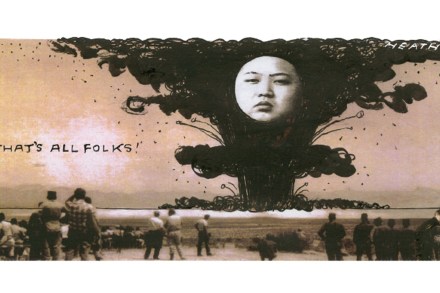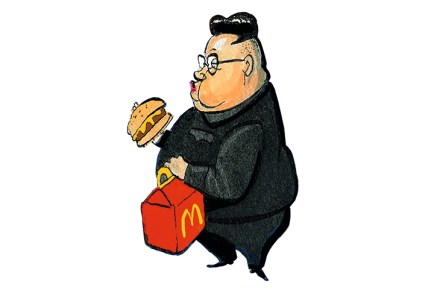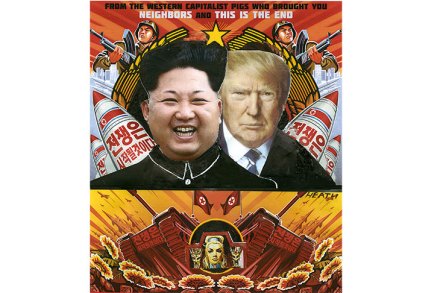Is North Korea about to test another nuke?
North Korea’s spring has started with a bang. The United States and South Korea have staged their largest joint military exercises in five years, and Pyongyang’s rhetoric is becoming more aggressive. Kim Jong Un has warned that the US and South Korea would ‘plunge into despair’ for holding the drills, as he fired two missiles into the sea between the Korean Peninsula and Japan. Kim’s regime has already fired more than 20 missiles this year, launching increasingly ambitious and sophisticated ballistic and cruise missiles. Earlier this week, North Korean state media proudly claimed that the regime had developed tactical nuclear weapons for the first time. Photographs showed Kim inspecting what looked like miniaturised nuclear warheads that



















